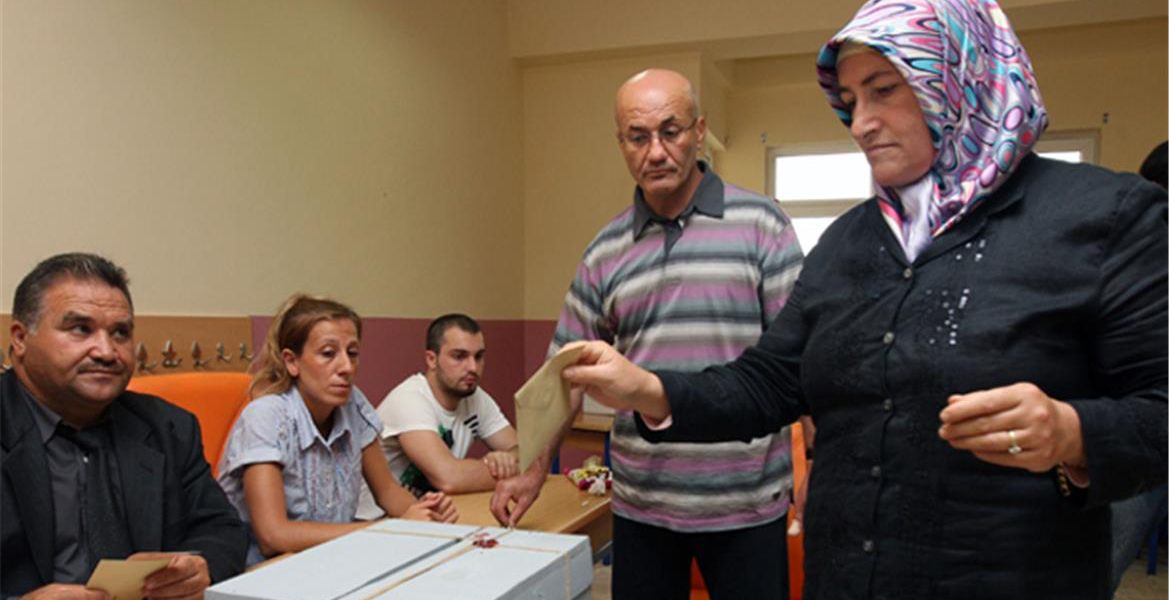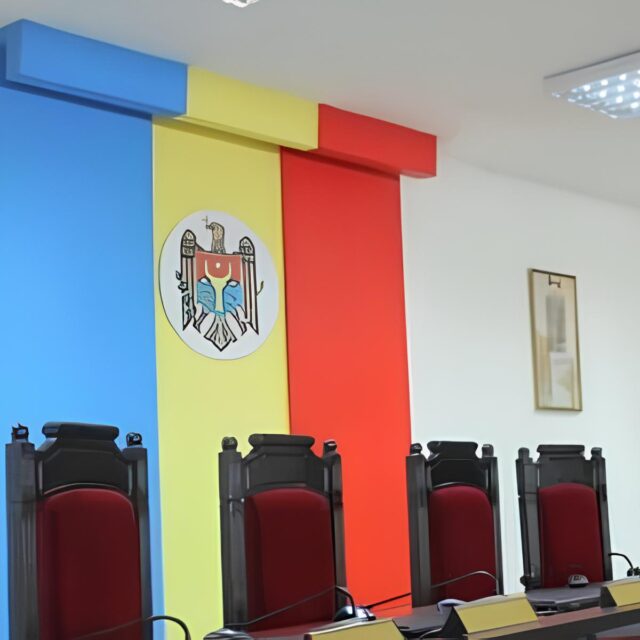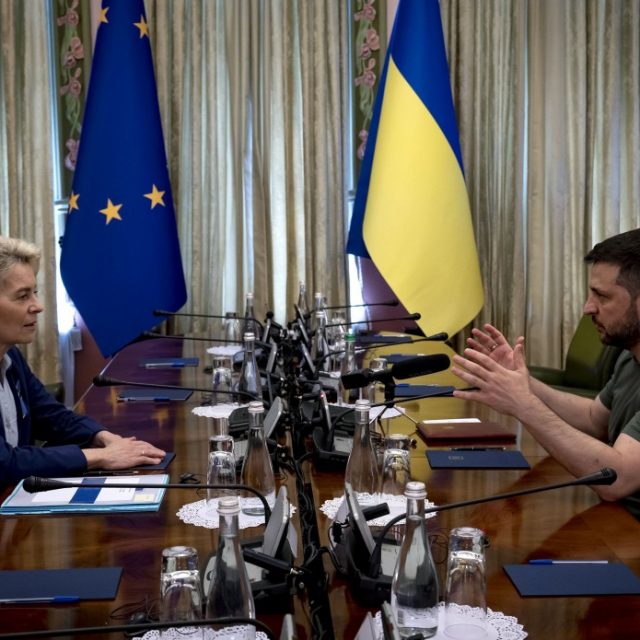Turkey has been holding elections since 1930 and Turkish people go to the polls to elect their local administrators once every five years. On March 31st, this year, people voted for 30 metropolitan, 51 city, 919 district, and 397 town municipalities, writes Hande Bozatli.
Among those 81 provinces, 30 are called metropolitan municipalities, and the other 51 are called city municipalities. The provinces which have at least three district municipalities or at least two town municipalities and have a minimum population of 750 thousand are metropolitan municipalities. The districts are the next biggest administrative zone after the cities. Towns are the smallest administrative zones to have a municipality.
On March 31st, each voter cast four votes; for the city (or the metropolitan municipality), for the district (or town municipality), for the municipal council, and for the mukhtar who is the head of a village or a neighbourhood.
This year, the psychology of the local elections was no different than that for a general election. The election turnout was 84%, which proved that despite the current economic and social problems, Turkish people have not stopped believing in the power of the ballot box.
The latest local election in Turkey will be discussed forever, for many different reasons. Despite these reasons, I would like to highlight its important outcome for the women in Turkish politics.
With only a 17 percent woman presence in its 600-seat parliament, Turkey ranks 120th in 193 countries in the world, according to the figures of the Inter-Parliamentary Union.
It is not much different after this local election. Among 8,263 mayoral candidates, only 652, or 7.9 percent of them were women, as stated in the report of the Women’s Coalition.
For the 30 metropolitan municipalities, 282 men and 24 women were nominated.
For the 919 district municipalities, the number of the male candidates was 5317, while there were only 503 female candidates.
For the 397 town municipalities, there were 1592 male candidates and 77 female candidates.
The right to run for an election and for being elected was given to women in Turkey in the early 1930’s, making it one of the first countries to grant this right to women. With 17 women parliamentarians in the Parliament in 1935, the country had a quite remarkable start for women.
In 1930, Sadiye Hanım was the first woman mayor of Kilickaya at Yusufeli District of Artvin, located at the Eastern Black Sea border of Turkey. Mufide Ilhan was the second woman to follow her when she was elected as the Mayor of Mersin in 1950. It is very clear that Turkish women have a long history in politics, but with minimal progress in their political involvement in the running of the country.
Women still continue their fight for being elected in Turkish politics. There are some very good stories of women in the latest elections like Ms. Fatma Türkan, the first woman mukhtar, in Batman, South-eastern region of Turkey. She was elected against 7 male candidates at Saglık neighbourhood.
Fatma Çalkaya was elected as the mayor of Balçova district in Izmir. She stood as a candidate in the election because her husband had not been assigned to run for a mayor candidate of the district.
Hülya Bozkurt from the Uluç neighbourhood in southern Antalya province
Hülya Bozkurt from the Uluç neighbourhood in southern Antalya province, achieved success only because she stepped in to save a friend who was meant to run but could not run due to a heart attack and had to step down.
In the eastern Van province, four women managed to be elected as mukhtars. One of these winners, the mukhtar of Bahçıvan neighbourhood Nurten Sağlam, said that she had decided to become a mukhtar herself. She had been waiting for that day for five years.
Despite these achievements for women, only four women have been elected as metropolitan municipality mayors. The total number of elected mayors in Turkey has been announced as 44 by KA-DER and this number is prone to changes due to the current political disputes. This is very unfortunate, considering the country’s early achievements in engaging women in politics.
The presence of women in politics is a must for a positive change in every society and it seems to be difficult in Turkey to break all the glass walls around the women due to the lack of willingness of men who are already holding decision-making positions. There is also a greater need for a stronger women collaboration.
Another hero of this local election was Fatih Mehmet Macoglu who is known by everyone in Turkey as the Communist Mayor.
Fatih Mehmet Macoglu – “The Communist Mayor”
‘A Turkish city in eastern Anatolia, with a population of less than 100,000 people, has for the first time in the country’s history, elected a communist mayor’ was announcing Anatolian News Agency soon after the election. Fatih Mehmet Macoglu first gained popularity when he became the first-ever communist municipal mayor of a small town, Ovacik, in eastern Turkey. After resigning from his public post for the 2014 local elections, he had been elected as mayor of Tunceli’s district of Ovacik for the TKP.
Known as the ‘Communist President’, he had planted chickpeas, beans and potatoes in municipal lands across the district, and had distributed the income from the fields to low-income families and as a scholarship for students. Fatih Mehmet Macoglu has big plans for agriculture, transportation, and tourism projects to stimulate the economy, create jobs and prevent young people from drifting away from the city of Tunceli to big cities.
Macoglu had said in an interview in The Independent ‘What we are trying to do is to make the small dreams of people come true. The world’s resources are being wasted. Half the world’s wealth belongs to just a small number of people, and makes people feel there’s no possibility of justice and equality. We as socialists want to show policies against this mindset are possible.”
Just days after receiving his official mandate as mayor of Tunceli in April 2019, Macoglu had the walls around city hall torn down, and the X-ray machine removed, saying he wanted to get rid of “obstacles” between the government and the people. He is also planning to sell off the city’s official cars, and drives himself to work. He posted the neighbourhood’s balance sheet on a banner outside the municipality building. He set up free public transportation corridors to shuttle passengers from home to work and a cooperative to produce and sell local produce.
Why do people like him, regardless of the political ideology he represents? The answer is very easy; he promises transparency and accountability. He listens to people. He is an honest politician beyond populist and divisive politics. People need to see new politicians who are above the differences between the conservative and secular or other different ethnic groups. The people will accept any honest politician who is focused on serving everyone and they do not want to see egocentric politics any more.
The people of Turkey will continue to work without losing their belief in a bright and democratic future for Turkey. They want to see that they can solve the existing problems through discussion, despite many differences and, this is not only a dream but a reality with the history of Anatolia and Mesopotamia showing us many examples of unity amid diversity.
The Author, Hande Bozatli, is the Regional Business and Government Editor of EU Political Report.




